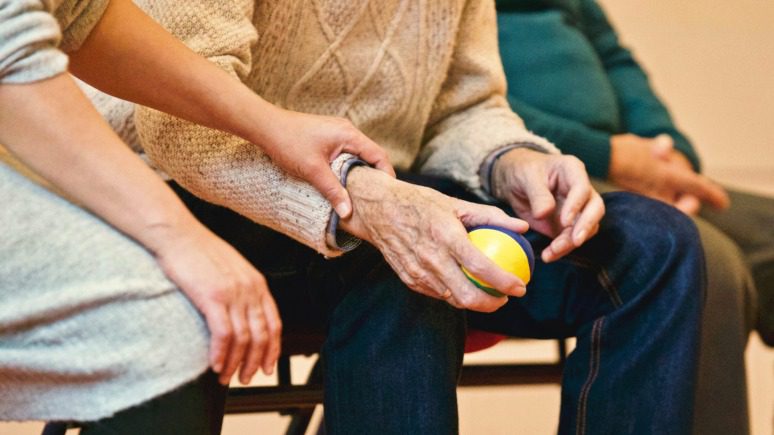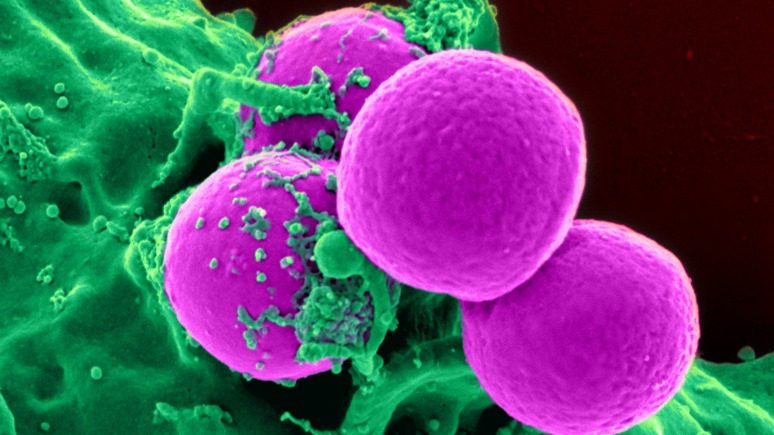General


December 17, 2021













0











0
The Effects of Caloric Restriction on Stem Cells
By AGE2B team
Reducing calories was shown to combat stem cell exhaustion in multiple ways. A review published in The Malaysian Journal of Medical Sciences has outlined what effects caloric restriction (CR) has on the development and differentiation of stem cells. Stem cells and their exhaustion The reviewers began by discussing stem cell exhaustion, a hallmark of aging and […]
Read more


December 17, 2021













0











0
Matching an Epigenetic Clock to Physical Function
By AGE2B team
Physical function is itself a measurement of biological aging. A new, three-year study published in The Journals of Gerontology: Series A examined the relationship between epigenetic clocks and physical performance in older women. Epigenetic clocks and biological age Epigenetic clocks attempt to estimate age based on measurable DNA modifications. However, not every individual ages at the same rate; […]
Read more


December 17, 2021













0











0
DNA Damage, Inflammation, and the Stem Cell Microenvironment
By AGE2B team
DNA damage harms both stem cells directly and the microenvironment in which they sit. A review published in Frontiers in Cell and Developmental Biology has explained how DNA damage and its accompanying immune response lead to changes in the microenvironment of stem cells, causing a decline in their function. A direct relationship After an introduction, the reviewers begin […]
Read more


December 17, 2021













0











0
The Genetic Basis of Telomere Length
By AGE2B team
This human study eludicates the relationship between genes and telomeres. A new study in Nature Genetics has further illuminated the genetic regulation of telomere length and what implications it may have for various diseases and longevity. At one time the hottest topic in aging, telomeres are the protective caps at the ends of our DNA. They are truncated […]
Read more


December 17, 2021













0











0
Why we age: Altered Intercellular Communication
By AGE2B team
Altered intercellular communication, as described in the Hallmarks of Aging [1], is the change in signals between cells that can lead to some of the diseases and disabilities of aging. It is also one of the nine reasons we age. Inflammation and hormonal imbalance As we age, the signaling environment of chemical messages across the whole body tends […]
Read more


December 17, 2021













0











0
Why we age: Loss of Proteostasis
By AGE2B team
The loss of proteostasis is one of the reasons we age. The Hallmarks of Aging [1] describes the loss of proteostasis as the failure of the protein building machinery of the cell and the accumulation of misfolded proteins, which is one of the root causes of age-related diseases, including Alzheimer’s disease. What are proteins? Proteins are large, complex […]
Read more


December 17, 2021













0











0
Why we age: Mitochondrial Dysfunction
By AGE2B team
Mitochondrial dysfunction is one of the root causes of aging as described in the Hallmarks of Aging [1]. As they age, mitochondria lose their ability to provide cellular energy and release reactive oxygen species that harm cells. What are mitochondria? Mitochondria, which are often called the powerhouses of cells, act like miniature factories, converting the food we […]
Read more


December 17, 2021













0











0
Why we Age: Stem Cell Exhaustion
By AGE2B team
Stem cell exhaustion, as explained in the Hallmarks of Aging, is the age-related deficiency of stem cells. This particular hallmark is directly responsible for many of the physical problems associated with aging, such as frailty and a weakened immune system and is one of the nine reasons we age. What are stem cells? As explained by our article about epigenetic […]
Read more


December 17, 2021













0











0
Why we age: Telomere Attrition
By AGE2B team
The Hallmarks of Aging [1] describes telomere attrition (or telomere shortening), which is the gradual loss of the protective caps of our chromosomes, and is one of the aging processes. Telomere attrition limits the number of times our cells can divide, slowly leading to dwindling populations of cells in vital organs. Critically short telomeres are also associated […]
Read more


December 17, 2021













0











0
What is Autophagy?
By AGE2B team
Autophagy is the ultimate recycling system of the cell. The word comes from ancient Greek and means “eating of self” [1]. Although its name might sound harmful, it appears to have longevity-promoting effects [2]. What is autophagy? Autophagy is the way cells break down unwanted or dysfunctional organelles and proteins in the cell [1-2]. It can […]
Read more










